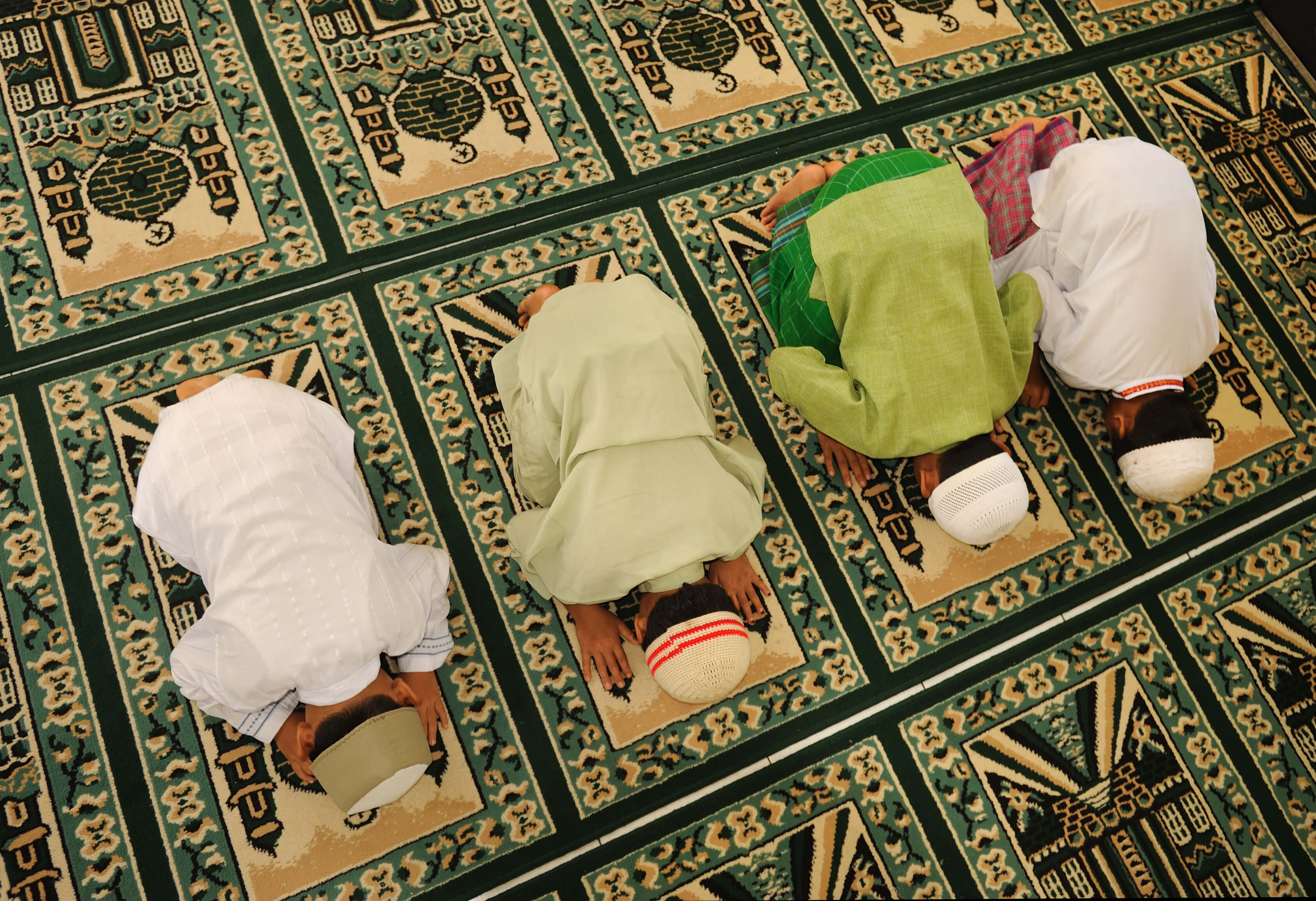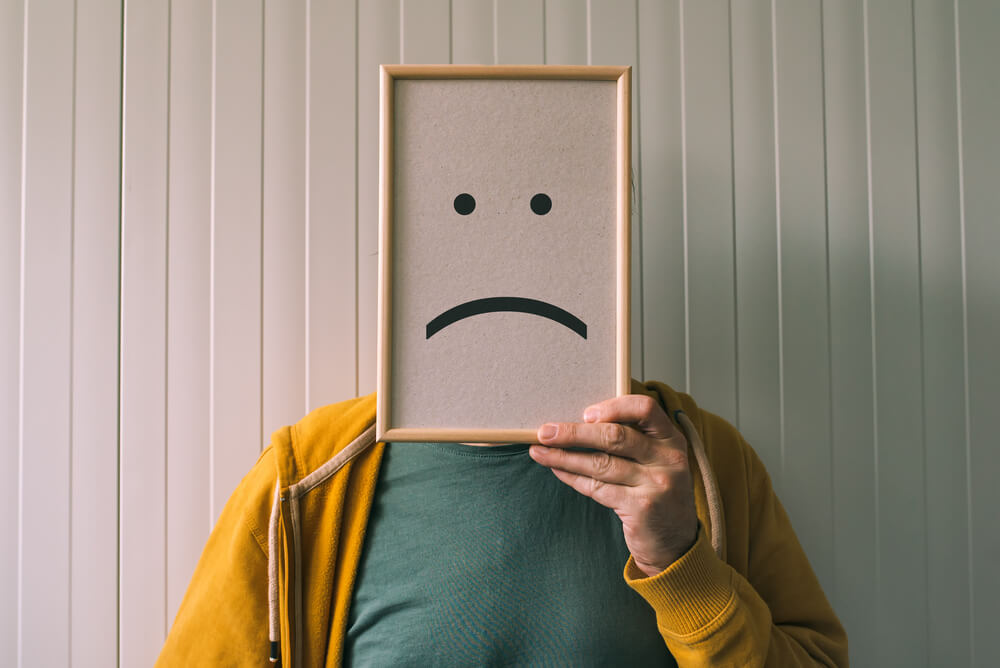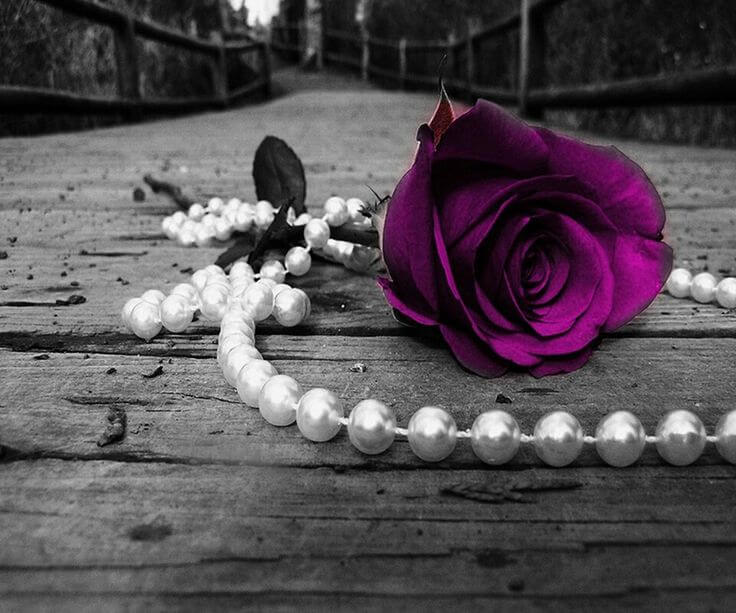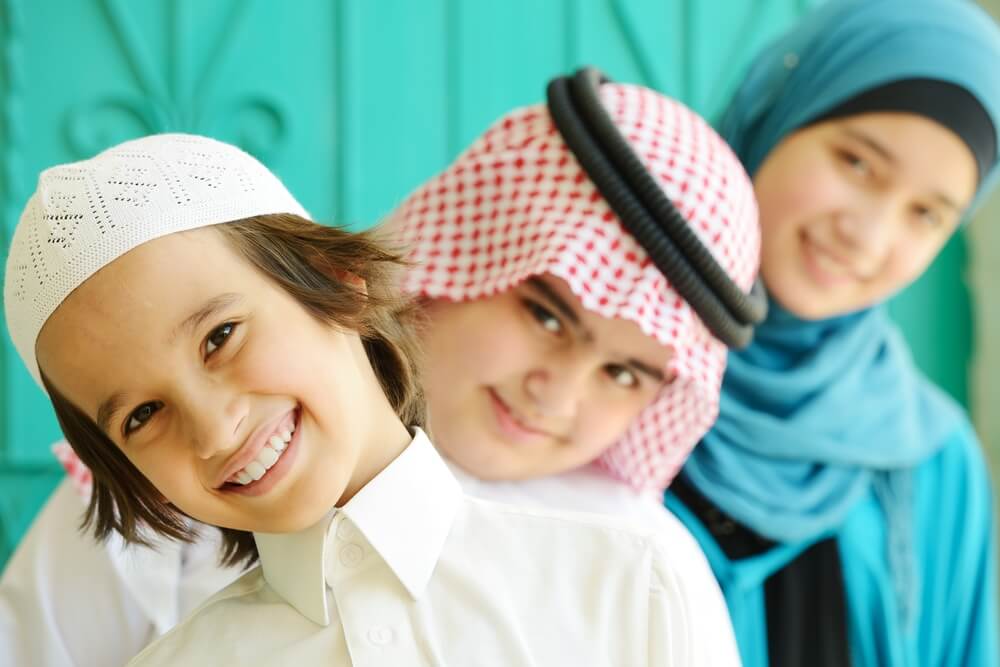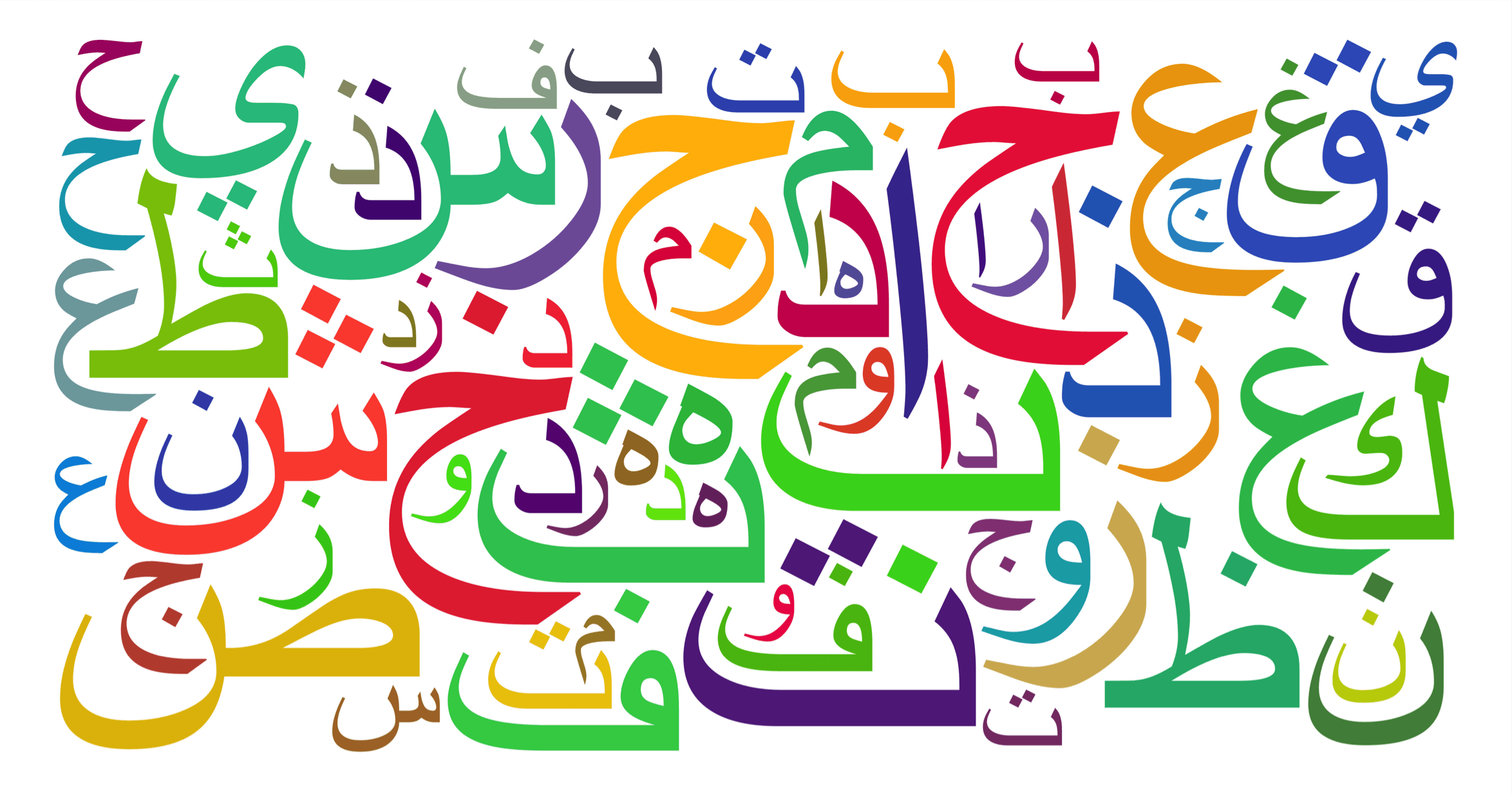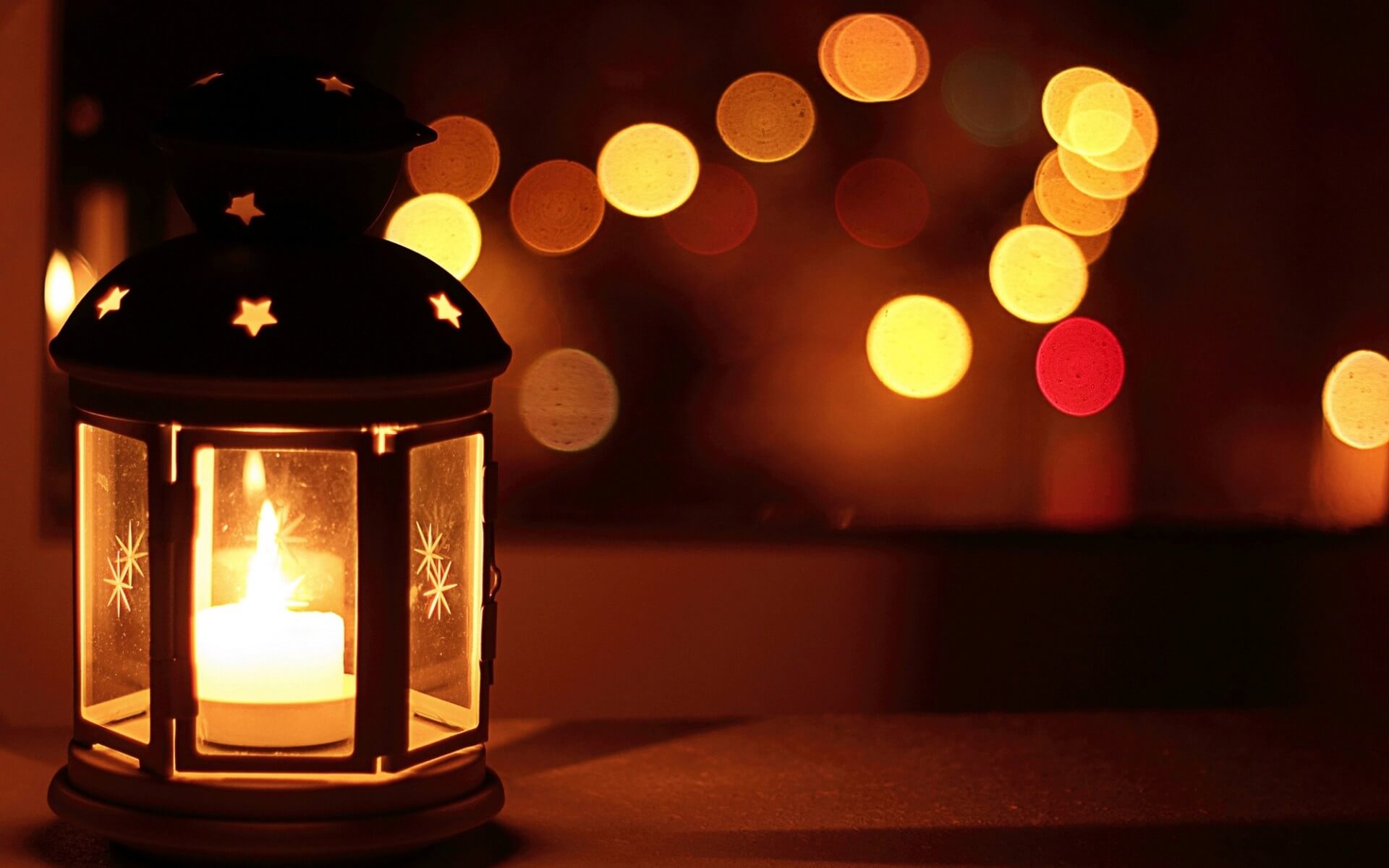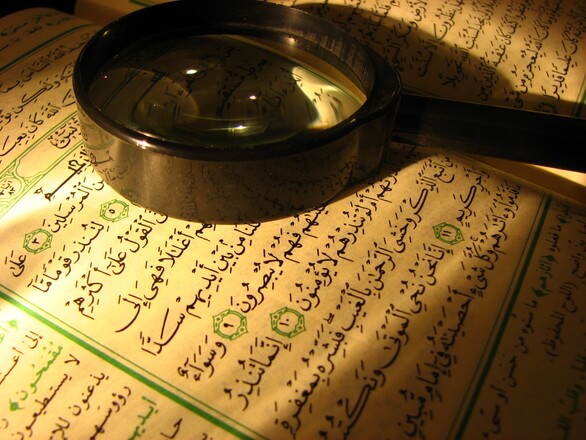The most important pillar of Islam after the declaration of faith (Shahadah) is Salah. It is what makes a Muslim uniquely different from people of other religions. While Islam allows Muslims to pray individually, in their homes, it lays great emphasis on praying in congregation (Jama’ah), in the masjid, which is many times more rewarding than individual prayers.
In Surah 2, Ayat 43 of Al-Quran, Allah stresses the importance of praying in congregation:
“…and bow down with those who bow down.”
Salat al-Jama’ah is so central to Islam that even in times of war, Muslims are encouraged to pray in jama’ah.
“When you (O Prophet) are in their midst, and arrange for them the Salah, then, a party from them should stand with you, and should take their arms along. Then, once they have performed Sajdah, they should move away from you, and the other party, that has not yet performed Salah, should come and perform Salah with you…” (An-Nisa: 102).
Is it necessary???
Moreover, there are numerous statements of the Prophet (PBUH) underscoring the need for congregational prayers.
In a hadith recorded by Imam Bukhari, the Prophet (PBUH) is reported to have said that he would burn the houses of those Muslims who did not go to the masjid for the congregational prayer. (Sahih Al-Bukhari, Vol. 9, No. 7224).
This is quite a serious warning, which underlines the importance of praying with the jam’ah. When the Prophet (PBUH) sent Mu’adh (RA) to Yemen, he instructed him to invite the people to Tauheed and five daily congregational prayers. (Sahih Al-Bukhari, Vol 9, No. 7372).
What’s the reward:
The virtues of congregational prayers are unimaginably great. Besides providing an opportunity for Muslims to get together five times a day for the sake of Allah, Salat al-Jama’ah guarantees inconceivable benefits. According to the Prophet (PBUH), the reward of a prayer in congregation is twenty-five times (twenty-seven times, in some narrations) greater than that offered alone. (Sahih Al-Bukhari, Vol 6, No. 4717).
He (PBUH) is also reported to have said that if people knew the reward of Fajr and Isha prayers in the masjid, they would not stay home but crawl to the masjid to reap the benefits. (Sahih Al-Bukhari, Vol.1 No. 615).
Furthermore, the Prophet (PBUH) is reported to have said that among the types of people to be shaded by Allah under His Shade on the Day of Resurrection will be one whose heart remained attached to the masjid, or, in other words, who offered congregational prayers (Sahih Al-Bukhari, Vol 8, No. 6806).
In another statement, the Prophet (PBUH) is reported to have said,
“Whoever performs Wudu…and does it well, then walks to the obligatory prayer, and offers the prayer with the people, or with the congregation, or in the Masjid, Allah will forgive his sins.” (Sahih Muslim, Vol 1, No. 549)
Thus, it is clearly established from the Qur’an and Sunnah that congregational prayers are what pleases Allah the most; and it is for this reason that such prayers are rewarded by Allah many more times than individual prayers at home.


